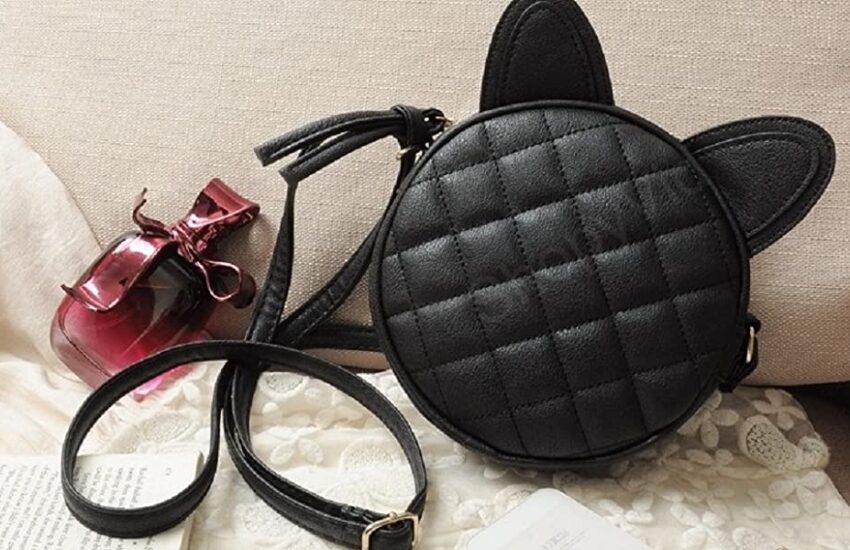Sunglasses and FSAs: Everything You Need to Know
The American healthcare system allows us to pay for health services in a number of different ways. For example, flexible spending accounts (FSAs) and health savings accounts (HSAs) make it possible to save pretax dollars to pay for future healthcare expenses. But do these accounts cover everything? Do they cover things like sunglasses?
Being that both types of accounts are linked to income and taxes, there are very strict rules governing how they work. You cannot use money in an FSA, for example, for just anything. It can only be used to pay approved healthcare expenses under federal law. That means only certain types of sunglasses are covered.
- Saving for Healthcare Expenses
Before getting into sunglasses and FSAs, it is a good idea to understand how the two healthcare accounts work. An FSA is a flexible account managed by an employer. If you elected to open one, you would declare how much you wanted to contribute every year. Your employer may or may not add a matching contribution.
All of the money deposited into the account must be used during the tax year. If not, it could be lost. However, there are ways to extend funds until April 15 the following year, giving you time to use them.
HSAs are offered to employees in conjunction with high deductible health insurance policies. Unlike FSAs, self-employed people can open HSAs on their own. The accounts are funded either exclusively by the employee or in a joint effort between employee and employer. Money can be carried over from one year to the next and you can take your account with you if you change jobs.
- Paying for Vision Care
With that explanation of the way, we get to the topic of sunglasses. Both FSAs and HSAs can be used to cover expenses related to vision care. This includes regular eye exams, prescription eyeglasses and contact lenses, cataract surgery, and so forth. Anything that health insurance would normally cover can be paid for with FSA or HSA funds.
If you need prescription sunglasses to correct your vision and protect your eyes against the sun, both types of accounts will cover the costs. However, you are on your own if your sunglasses are not prescription lenses. Nonprescription sunglasses are not considered a medical necessity despite the fact that experts are constantly telling us to wear sunglasses whenever we go outdoors.
- Prescription vs. Over The Counter
Olympic Eyewear, a Salt Lake City, Utah maker of more than two dozen brands of designer-like sunglasses, explains that prescription sunglasses are no different from regular prescription lenses, at least in terms of their corrective capabilities. Their primary purpose is to correct vision problems. UV protection and tint are added for protection against the sun.
An over-the-counter pair of designer sunglasses offers no vision correction. Therein lies the difference. If a person’s vision is not being corrected by a pair of sunglasses, the sunglasses are not considered medically necessary. They cannot be paid for with an FSA or HSA.
If you wear prescription lenses, you might be wondering whether or not it’s worth it to get prescription sunglasses. Some prescription lens wearers like a separate pair of sunglasses so that they don’t have to wear clip-ons or those extra-large shades worn on top of their prescription glasses.
All of that aside, now you know about sunglasses and FSAs. Prescription sunglasses are covered under FSA and HSA accounts. If you are looking to purchase a pair of over-the-counter sunglasses without a prescription, you have to pay for them directly out of pocket. They are not eligible for FSA or HSA payment.








